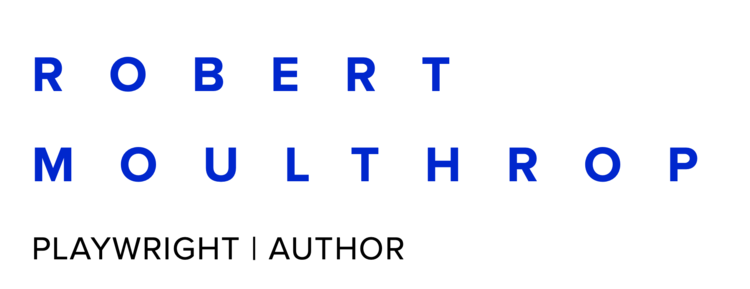I just began reading Phillip Roth’s Indignation, prompted by the film’s release reminding me that this novel was one I’d missed. I go way back as a Roth reader (college, Goodbye, Columbus—the short stories—then the excitement of his first novel, Letting Go), dropped out mid-way, picked him up again about five years ago. But had missed this one. And The Humbling. I double-ordered. Thanks, Amazon Prime.
I’ve finished the latter, and am now at the bottom of page four of Indignation. I long to read further, but I want and need time and space. Next week when I have a day at home completely to myself I will fall into the book, perhaps coming up for air when I’m hungry. Or not.
What prompted me to stop reading and collect a thought or two was the ease with which Roth sets the table. Really. Get me with the first sentence or two and I am yours for at least 50 pages. Probably more. Because here is Roth, giving information in these first sentences that lets me know the where and the when in a straightforward way that assures me the why will be worth reading for.
The Humbling’s first sentence of four words:
He’d lost his magic.
Indignation’s longer opening sentence:
About two and a half months after the well-trained divisions of North Korea, armed by the Soviets and Chinese Communists, crossed the 38th parallel into South Korea on June 25, 1950, and the agonies of the Korean War began, I entered Robert Treat, a small college in downtown Newark named for the city’s seventeenth-century founder.
Relax. You’re in capable hands. I respect you and want you to stay. Here’s where we begin. You’re going to enjoy this story.
Life is short. Art is long. I’m going to have to re-work most of my stories’ opening sentences.

